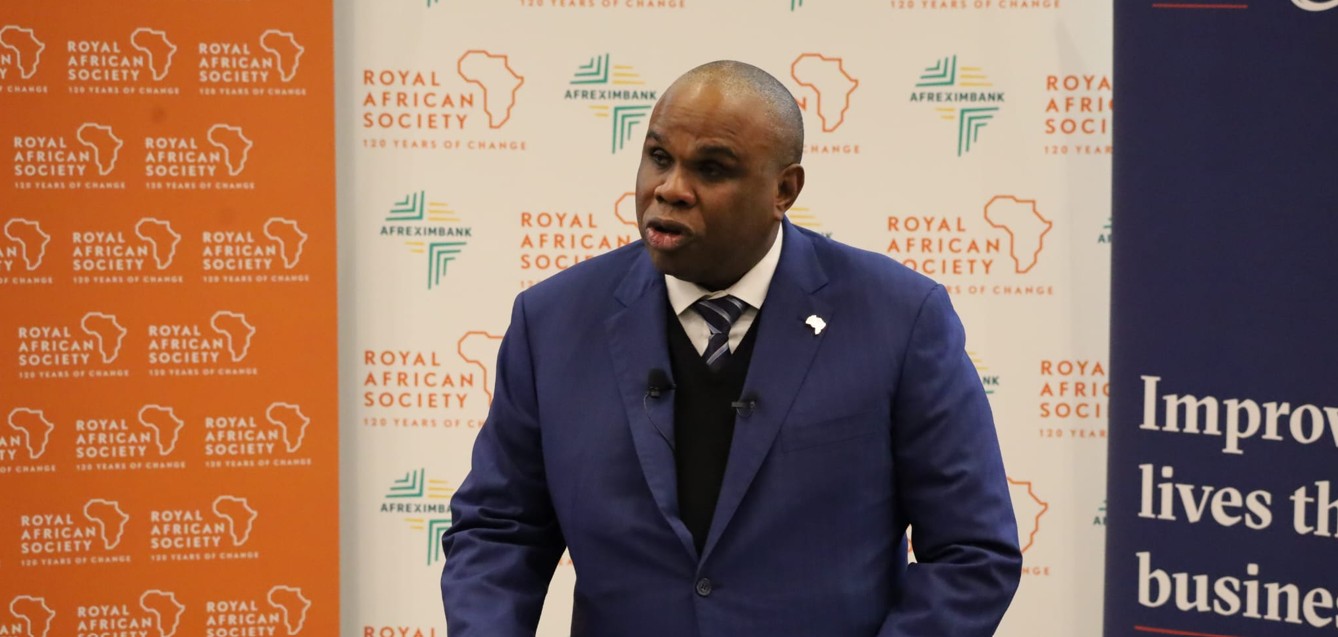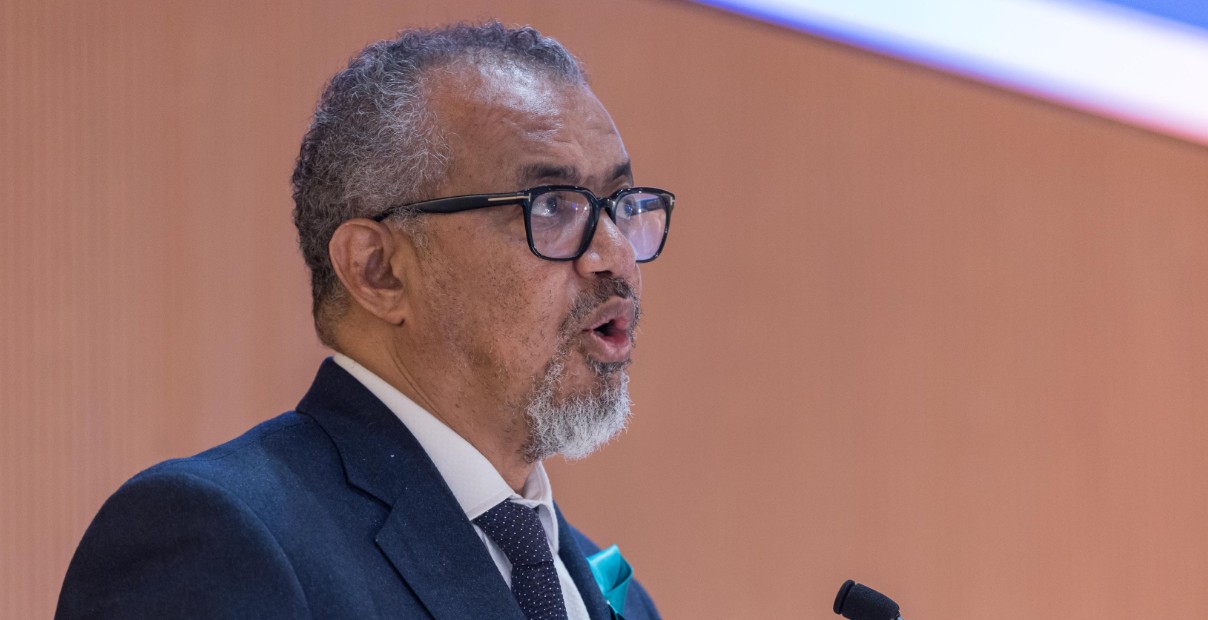Government warns of rationing if power purchase agreement restrictions are not lifted

Wandayi said power purchase agreements are vital for expanding the country’s energy infrastructure as they help attract the necessary investments needed to strengthen energy security and support long-term development.
The Ministry of Energy has urged legislators to lift the moratorium on signing power purchase agreements (PPAs), warning that the restriction has slowed electricity generation at a time when demand is rising.
The Energy and Petroleum Regulatory Authority (EPRA) argues that the continued ban has left Kenya’s electricity demand growing faster than its generation capacity, putting pressure on existing power sources.
More To Read
- Trader demands compensation from KPLC after power line electrocutes 10 goats in Mombasa
- Kenya Power to supply 47,000 subsidised electric cookers in clean energy push
- Kenya Power adds 134,630 rural users but sees first revenue dip since 2020
- Counties demand share of fibre cables revenue, wayleave charges in clash with Kenya Power
- Conflict of interest: Insider deals and offshore companies behind Kenya’s high energy costs
- E-mobility drive: Kenya Power to install 45 EV charging stations across six counties
In September 2021, the Presidential Task Force on the Review of Power Purchase Agreements imposed a freeze on the renewal of expiring PPAs and new agreements that had not been finalised by then.
The Cabinet later lifted this moratorium in February 2023, citing the need to address challenges in achieving a sustainable energy mix, which had been worsened by prolonged drought, and to enhance the country’s energy security.
However, on April 19, 2023, the National Assembly passed a motion resolving to reduce electricity costs.
As part of this resolution, Parliament imposed its own moratorium on PPAs, further directing the Ministry of Energy and Petroleum, along with Kenya Power, to develop strategies for engaging with IPPs. The aim was to provide relief to electricity consumers while ensuring the long-term viability and sustainability of the energy sector.
The regulator now warns that the lack of new PPAs has stalled the construction of power plants that should have been developed over the past seven years, exacerbating the risk of future supply shortages.
Expensive electricity costs
Kenya Power has not signed any new PPAs since 2018 after the government launched an investigation into how the utility firm was entering into agreements with independent power producers (IPPs), a process that resulted in expensive electricity costs for consumers.
Former President Uhuru Kenyatta’s administration formed a task force to examine these agreements, leading to an executive moratorium that remained in place until last year when it was lifted through a Cabinet decision.
Despite the lifting of the executive ban, Kenya Power is still unable to enter into new PPAs because the National Assembly imposed its own moratorium while probing the high cost of electricity. This restriction has yet to be removed.
“From 2018, there haven’t been generation projects (PPAs) that have been signed, and none have gone into the execution phase,” EPRA Director-General Daniel Kiptoo said.
Lift restriction
Kiptoo revealed that under the leadership of Energy Cabinet Secretary Opiyo Wandayi, EPRA met with the National Assembly’s Energy Committee in a fresh attempt to convince MPs to lift the restriction.
Speaking in Naivasha during a retreat with members of the National Assembly Departmental Committee on Energy, Wandayi warned of the consequences of maintaining the moratorium.
He cautioned that failure to lift the ban could result in increased power rationing during peak hours, frequent power outages due to suboptimal intermittent generation, a rise in electricity costs driven by the higher use of thermal power plants, and over-reliance on imported energy from Ethiopia, Tanzania and Uganda.
“Even in cases where we have received better revised proposals, the moratorium has impeded every effort for negotiations. The net result has been that we get stuck with the current rates,” he said.
Wandayi emphasised that power purchase agreements are vital for expanding the country’s energy infrastructure as they help attract the necessary investments needed to strengthen energy security and support long-term development.
Top Stories Today












































